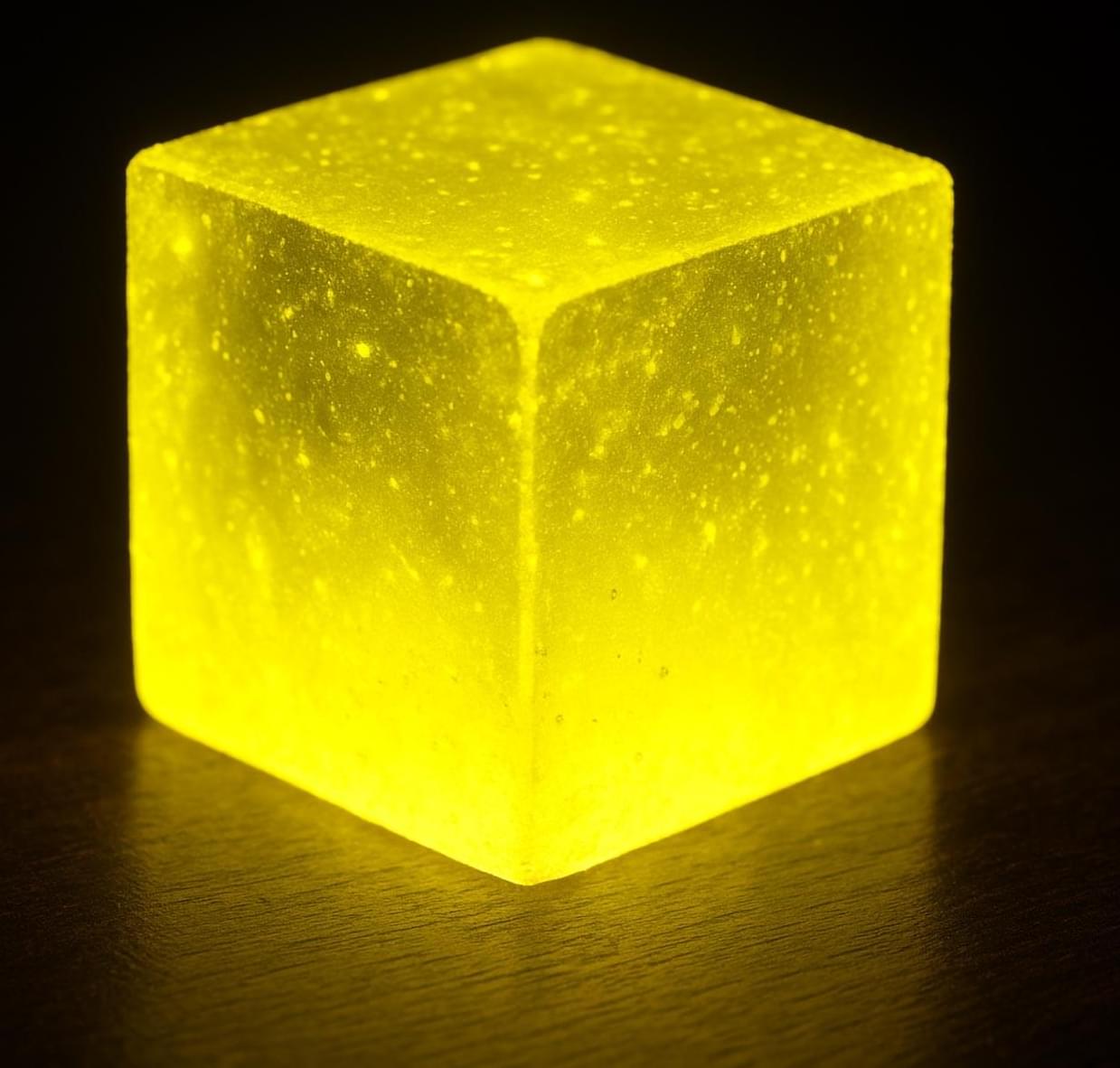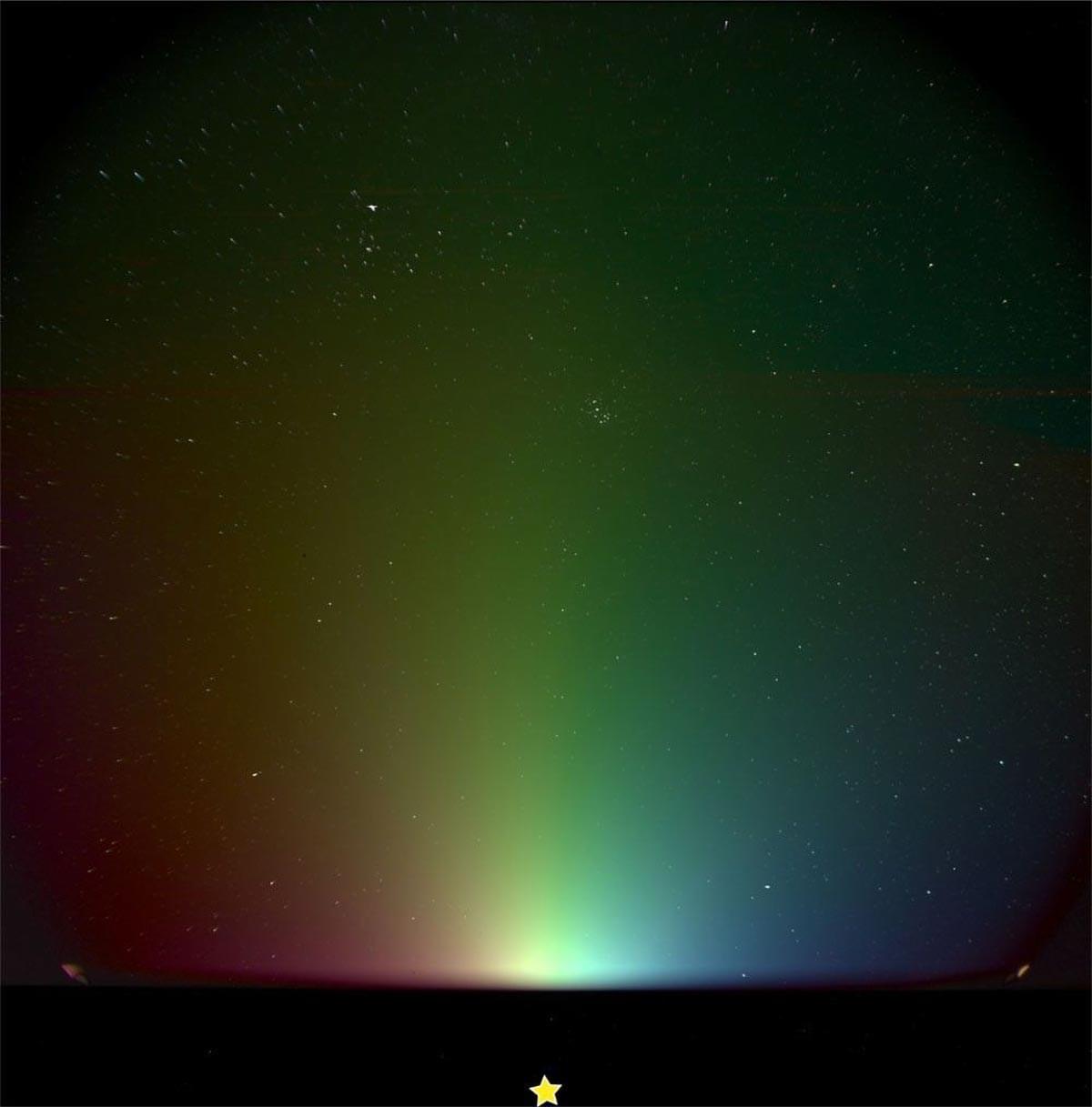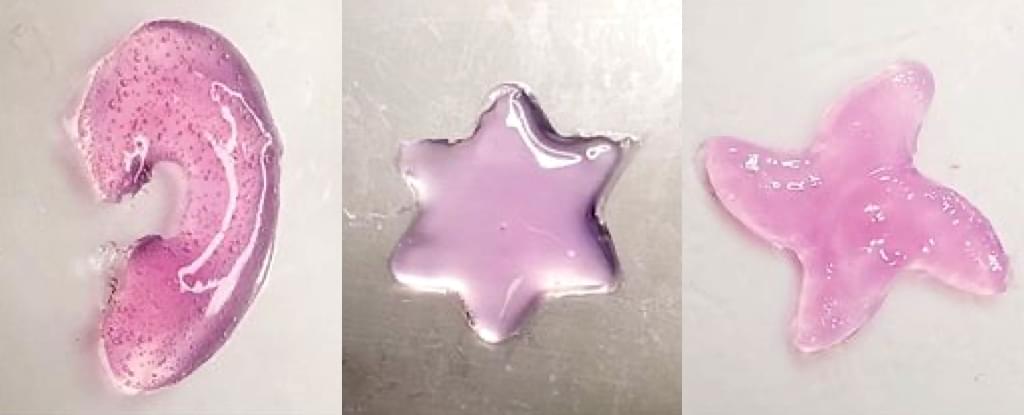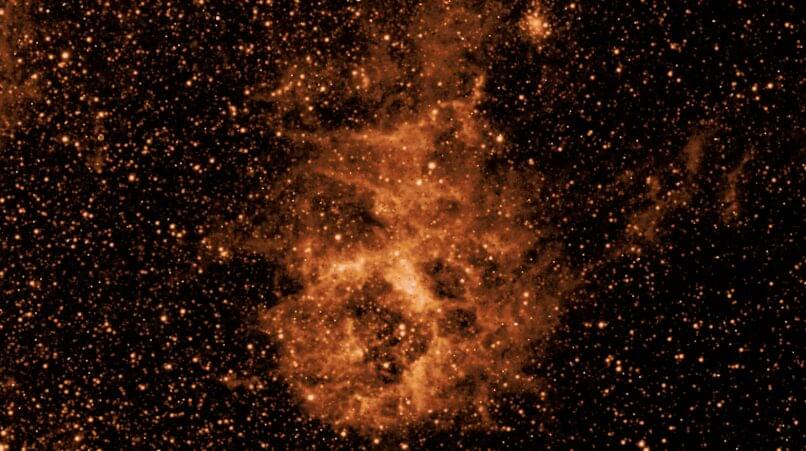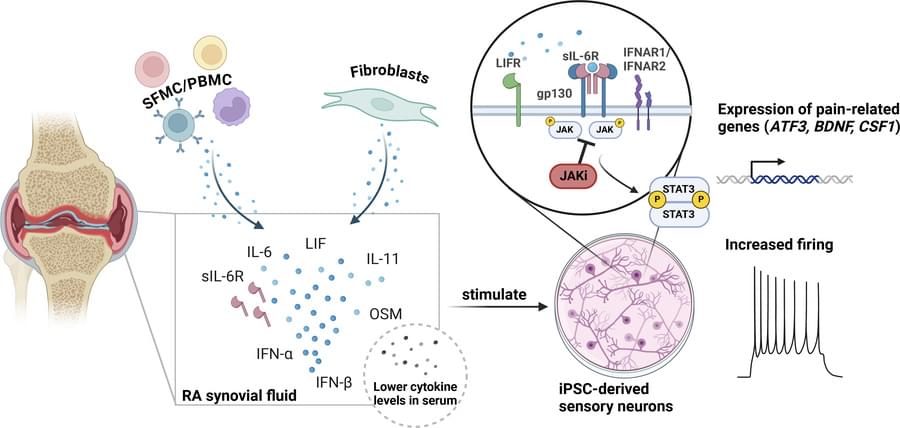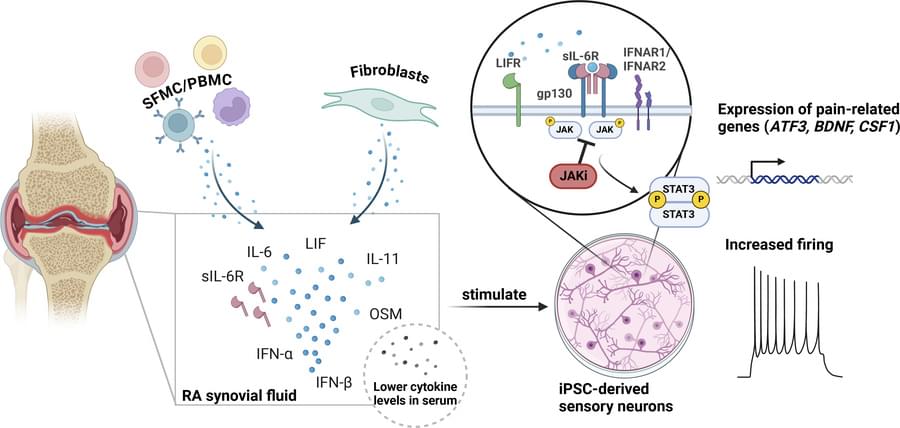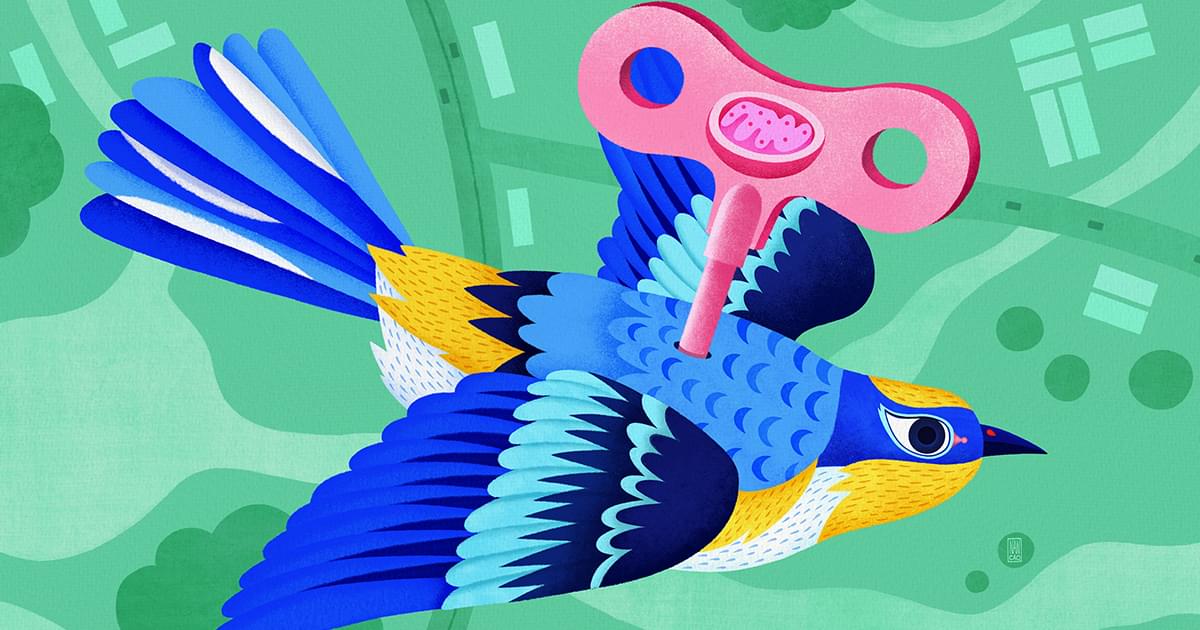Launched on March 11, NASA’s SPHEREx space observatory has spent the last six weeks undergoing checkouts, calibrations, and other activities to ensure it is working as it should. Now it’s mapping the entire sky—not just a large part of it—to chart the positions of hundreds of millions of galaxies in 3D to answer some big questions about the universe.
On May 1, the spacecraft began regular science operations, which consist of taking about 3,600 images per day for the next two years to provide new insights about the origins of the universe, galaxies, and the ingredients for life in the Milky Way.
“Thanks to the hard work of teams across NASA, industry, and academia that built this mission, SPHEREx is operating just as we’d expected and will produce maps of the full sky unlike any we’ve had before,” said Shawn Domagal-Goldman, acting director of the Astrophysics Division at NASA Headquarters in Washington.

